For Parents and Family
Watching your student participate in an international experience can be very exciting and emotional! This page has a few notes just for you as a support person. We hope it will help make both you and your student’s experience more smooth and rewarding.
(Thanks to the staff of the Office of International Education at Willamette University for providing some of this content.)
Help your student prepare to be self-sufficient and responsible.
While supporting your student through the process is very important, it is also necessary to understand that your student is embarking on a personal experience. One of the best ways you can help your student is by encouraging him/her to take responsibility from the beginning in preparing for study abroad. Help them understand that anxiety from working and living out of their comfort zone is natural. When they experience set-backs, help them problem solve rather than trying to place blame.
Review all pre-departure materials and any placement packet material your student receives.
Although we welcome questions about your student's program, it is important that you and your student are sharing information so that it is clear to the student that you care, that you know they have the information they need, and so you can monitor your own student's understanding of their responsibility in the entire study abroad experience.
Establish a plan on how and when to be in contact.
The key is to plan ahead and establish expectations. Your student’s pre-departure handbook will have information on the different types of communication (and their ability to access those types of communication) in Ecuador. Be aware that, although it is comforting to hear from your student as soon as they arrive at their destination, it is not always possible for them to contact you right away.
Many flights arrive from the U.S. very late at night and students do not have the normal access to communication yet or they simply forget to phone home because of fatigue. Rest assured that if the student does not show up as planned that we will make contact with the person the student has identified as their “emergency contact” on their registration form with ACLAS.
You can always contact ACLAS via phone or email by visiting the Contact Us page on this website.
Emergencies
In general, whether your student experiences a minor setback, such as a minor illness or an unwise purchase, or a more stressful event, such as a large loss/theft or more serious illness, etc., remind your student that the ACLAS staff are the best resources for dealing with the situation immediately.
The first priority of our staff is to deal with the situation with the student's best interest in mind. Second, we will contact the student’s home university/college should the situation adversely affects a student's regular study or living situation. On-site staff are best equipped to know what the best course of action is and what is reasonable to expect from local healthcare providers, governmental entities, and legal systems.
As a family member (and especially because many students have cell phones at their fingertips), you may hear of a distressing event before we do. Please encourage your students to talk to any member of the ACLAS staff, their homestay family or any university staff that is on-site as soon as possible.
Theft/loss of possessions is always a possibility just as it is in the U.S. However, with careful attention, students can drastically reduce the chances of such incidents.
Review with your student which items of value are necessary for their experience and which should be left home.
Review the safety tips found in the pre-departure handbook.
Review your homeowner or renter's insurance policy for info about how your student's belongings will or will not be covered while abroad.
Talk about personal safety and emphasize that risk factors in the U.S. are just as relevant as they are in Ecuador. These include such things as public and private behavior, style of dress, time of day, presence of alcohol, neighborhood, etc.
Non-medical emergency (civil unrest, natural disaster)
Our primary concern is always the immediate safety of students. Should a crisis develop students will be accounted for as quickly as possible and we will communicate with your student’s home university/college. Those studying at ACLAS individually will be encouraged to directly contact their loved ones if it is safe to do so.
Emergency at home
If there is an emergency at home and you need to contact your student immediately you can communicate directly to them through your pre-arranged communication modes and you can also contact us.
When you call ACLAS the person will answer the phone in Spanish, but if you speak English the person on the phone will either be able to speak with you in English or quickly access someone who can.
Visiting your Student in Quito
Study abroad is an important opportunity for your student to gain new educational and life experience. Visiting your student while they are abroad can be an exciting and interesting role reversal, as your student becomes your guide and teacher.
We do, however, discourage parents from taking the initial trip abroad with students. It is important that students travel and settle into their new environment and culture on their own.
If visiting your student while s/he is abroad is important to you, we encourage family and friends to visit students during academic breaks or after the end of the program to minimize educational interruptions. This includes excursions which are part of the academic experience. Also, please note that it is not possible for parents to stay with the homestay families.
Contact Us
Please do not hesitate to contact us at any time - our contact information is found on this page of our website.
